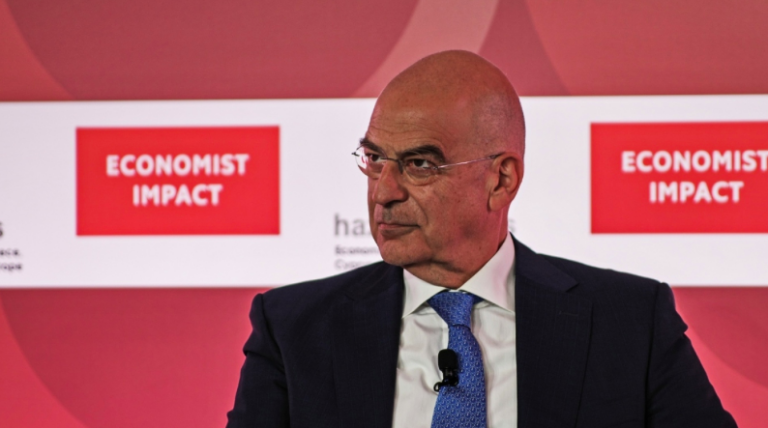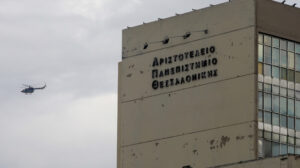Greece is on track to have the most powerful Armed Forces in its history by the completion of the 2030 Agenda, according to Minister of National Defense, Nikos Dendias. Speaking at the 28th Annual Economist Government Roundtable in Lagonisi on Tuesday, July 2, Dendias highlighted the strategic reforms and investments being made.
“We don’t just spend; we are reforming,” emphasized Dendias. “We call it Agenda 2030. It will bring the Armed Forces into the 21st century and beyond, both at the doctrinal level and by introducing innovation.”
Dendias stated that Greece allocates over 2% of its GDP to Defense, describing this expenditure as essential for the nation’s survival. He assured that the comprehensive reforms under Agenda 2030 will result in Greece having the strongest Armed Forces in its history, significantly contributing to regional stability.
During his address, Dendias participated in discussions on:
- Mitigating current security threats in Europe
- The need for a new Euro-Atlantic defense and security architecture
- Managing the risks of a new global arms race
- The EU’s Red Sea naval mission
- The role of the defense industry in turbulent times
- Energy security as a pillar for Europe’s resilience and unity
Regarding NATO, Dendias underscored the importance of each member country fulfilling its obligations, given the unexpected and challenging current global situation. He cited conflicts in North Africa and threats to trade from the Houthis, as well as ongoing issues in the Western Balkans where convergence with European standards is anticipated.
Dendias called for a coordinated approach to these challenges and announced an upcoming meeting with Commissioner Borrell to discuss the “Shields” operation.
He praised NATO as “the most successful military alliance in history,” pointing to its effectiveness in Ukraine. Dendias suggested that NATO should evolve into more than just a military alliance, advocating for it to become an alliance of principles capable of promoting its values globally. “This is the challenge for NATO,” he concluded.
Ask me anything
Explore related questions





